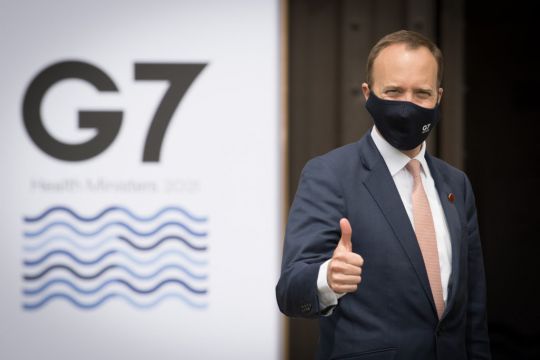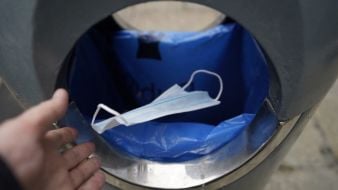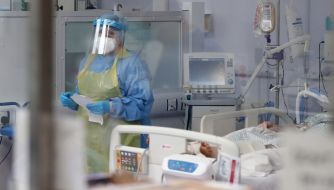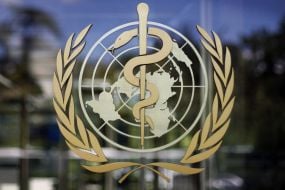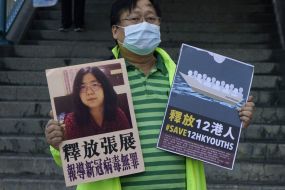Health ministers from around the world have agreed on the need to work together to develop “mutual recognition of testing and vaccination certificates across countries”.
Agreement was reached on so-called Covid-19 vaccine passports following a meeting in Oxford, England of health ministers from G7 countries.
Following the two-day summit the politicians concluded they must work together to develop international standards and recommended practices “for the creation, use and mutual recognition of testing and vaccination certificates across countries that rely on safe, effective and rigorously reviewed vaccines”.
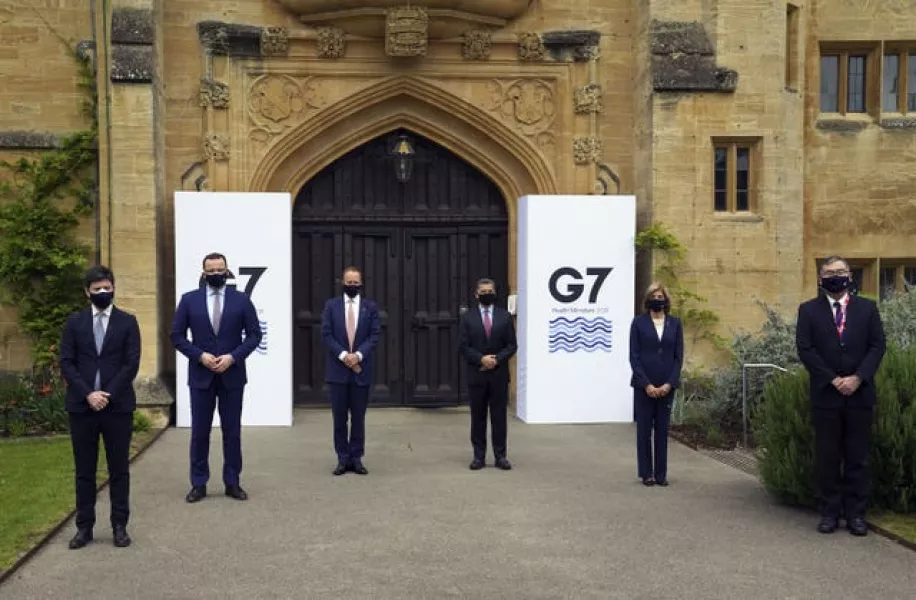
Ahead of the G7 meeting, UK health secretary Matt Hancock said: “Being able to certify that you’ve had a vaccine is going to be necessary for international travel because some countries have already set out that they require proof that you’ve been vaccinated, and that means being able to prove with authority that you’ve had one of the jabs and confidence in which jab is accepted for that proof – which is a matter for each individual country.”
Mr Hancock said a review was underway when it came to using certification for domestic purposes in the UK.
It comes after the NHS app was updated to allow members of the UK public to view their vaccination status, but also amid reports that vaccine passport plans for mass gatherings in the UK are being scrapped.
Better collaboration
Documents released after the meeting said: “We are committed to work as G7 countries towards a process of mutual acceptance of Covid-19 certificates.”
Health ministers from Canada, France, Germany, Italy, Japan, the UK and the USA also agreed on a new charter which it is hoped will bring about standardised evidence and data from international trials, in a bid to speed up access to approved treatments and vaccines, as well as agreed minimum standards of health data which can be shared internationally.
It is hoped new agreements will mean better collaboration and diversity on large-scale international trials, and the avoidance of duplication.
Mr Hancock said: “It has been a huge pleasure to host the G7 health ministers meeting this week and I want to thank everyone who has taken part.
“The landmark agreements we’ve reached in Oxford – which has been at the heart of the global response – show our commitment, not just to getting through the Covid-19 crisis, but also to make sure we’re better prepared for future threats.
“It contains a series of measures to make us all safer by improving clinical trials, quicker and wider access to safe vaccines, better use of data, more accurate health surveillance tools and greater collaboration between countries.
“We are determined that, working together, we will beat this virus and build back better.”
The ministers also said that industries and government will consider how best to incentivise the development and supply of new and existing antimicrobial treatment products, including new antibiotics, to ensure modern medicine remains one step ahead of drug resistance.
